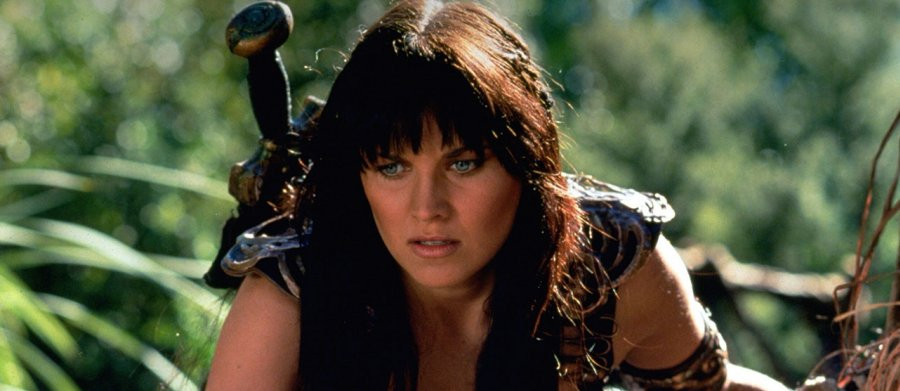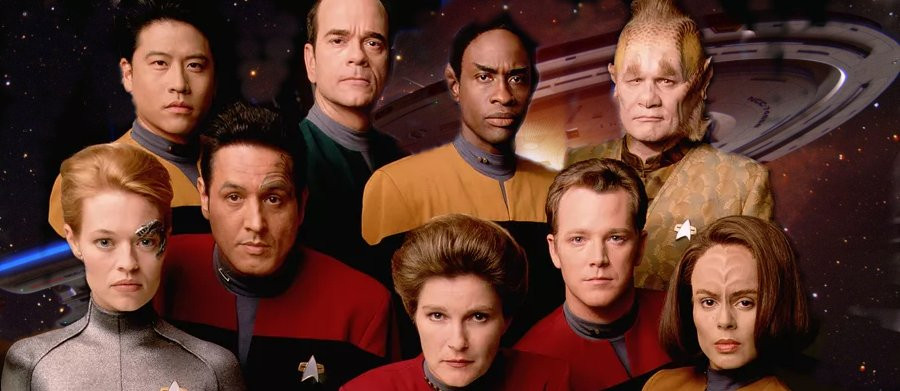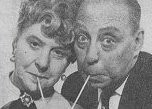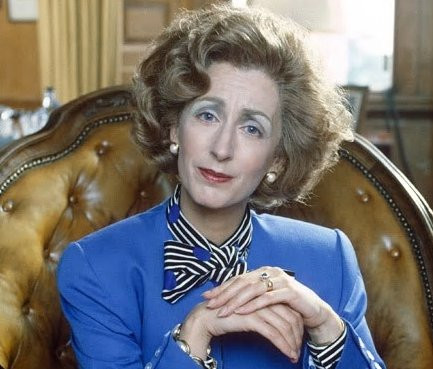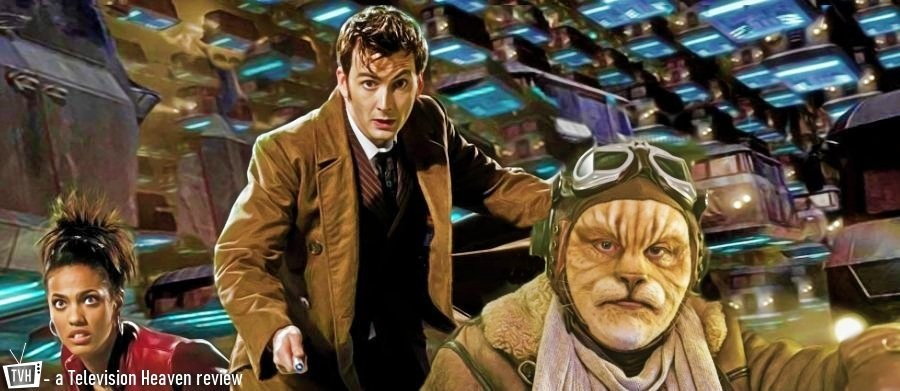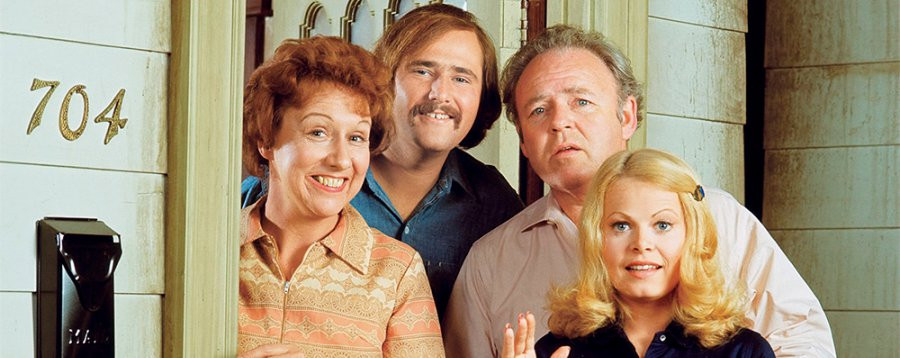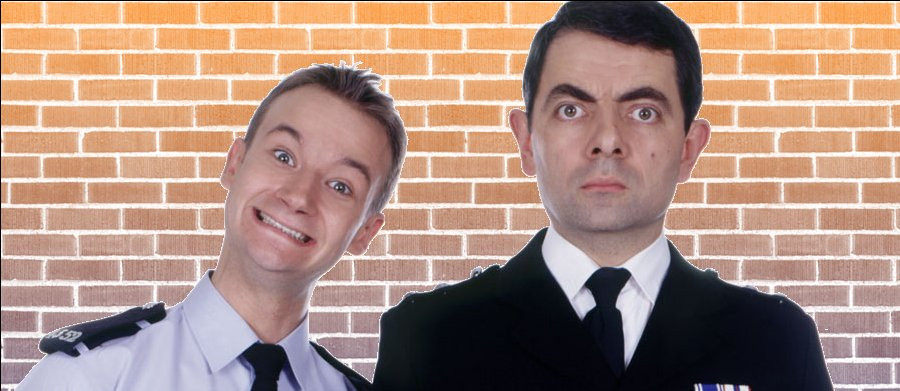
Father Ted
1995 - United KingdomSurreal, silly, and very very funny, Father Ted wasn’t merely a sitcom that playfully nudged at the sacred institutions of Irish culture — it gleefully bludgeoned them to death with a comedy sledgehammer. With its anarchic spirit and fearless irreverence, it tore through the conventions of traditional sitcoms, delivering a masterclass in absurdist humour that has only grown in stature since its original broadcast.
Created and written by the inspired duo of Graham Linehan and Arthur Matthews — who would later lend their comic talents to The Fast Show and Coogan’s Run — the series followed the misadventures of Father Ted Crilly (the late and sorely missed Dermot Morgan), a morally questionable priest exiled to the windswept backwater of Craggy Island for reasons best left vaguely hinted at. With him in this ecclesiastical purgatory were two of the most gloriously deranged supporting characters ever created for television: the sweet but staggeringly dim-witted Father Dougal Maguire, played with inspired vacuousness by a young Ardal O’Hanlon; and the foul-mouthed, drink-addled, barely conscious Father Jack Hackett, portrayed with gruff brilliance by veteran actor Frank Kelly.
Rounding out the Craggy Island quartet was Pauline McLynn as the indefatigably chipper and borderline obsessive housekeeper Mrs. Doyle — she of the endless tea offers and the near-hysterical refrain: “Ah, go on, go on, go on!”

From this deceptively simple set-up, Linehan and Matthews constructed a world of pure comedic lunacy — one in which logic was frequently abandoned in favour of the surreal, and where no subject, no matter how lofty or taboo, was beyond the reach of ridicule. Whether sending up the cult of celebrity (with a Eurovision parody for the ages), mocking the bureaucracy of the Catholic Church, or satirising small-town insularity with a wit as sharp as it was ridiculous, Father Ted never took a safe or predictable turn.
Ted himself was a classic comic creation: forever dreaming of escape to the imagined glories of the mainland, with its casinos, holiday resorts, and vague promises of material comfort. Yet, his aspirations were always just out of reach — scuppered by his own moral shortcomings, Dougal’s astonishing incompetence, Jack’s alcohol-fuelled interjections, or Mrs Doyle’s unrelenting hospitality. The trio’s chemistry was pitch-perfect, their timing impeccable, and their adventures increasingly outlandish — from a nearly sacrilegious mishap involving a group of nudist priests, to a truly inspired episode involving a caravan holiday gone terribly wrong.
Running for just three series on Channel 4 between 1995 and 1998, Father Ted was a critical and popular triumph, earning a clutch of BAFTAs and the kind of cult following that most sitcoms can only dream of. Its premature end — hastened by the sudden and tragic death of Dermot Morgan at the age of 45, just one day after filming wrapped on the final episode — was a heartbreak for fans and the comedy world alike.
Still, while its run was brief, Father Ted’s legacy has endured. Its catchphrases ("That would be an ecumenical matter," "Down with this sort of thing!" and, of course, "Feck off!") have seeped into the pop culture lexicon, while its characters have become icons of British and Irish comedy. The show’s anarchic tone, surreal plotting, and fearless wit remain unmatched in the world of sitcoms.
Daring, daft, and delivered with near-religious dedication to laughter, Father Ted remains one of the finest examples of modern situation comedy — a madcap miracle on Craggy Island.
Seen this show? How do you rate it?
Seen this show? How do you rate it?
Published on April 10th, 2025. Written by Laurence Marcus for Television Heaven.


